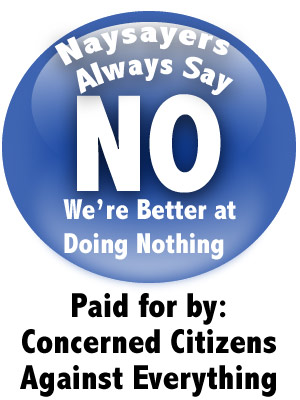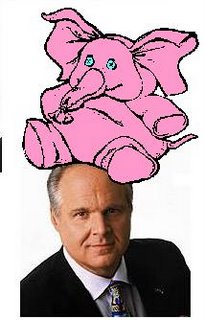
This article was brought to our attention by frequent commenter CATO:
See Full Article:
Syracuse University professor Arthur C. Brooks is about to become the darling of the religious right in America -- and it's making him nervous.
The child of academics, raised in a liberal household and educated in the liberal arts, Brooks has written a book that concludes religious conservatives donate far more money than secular liberals to all sorts of charitable activities, irrespective of income.
In the book, he cites extensive data analysis to demonstrate that values advocated by conservatives -- from church attendance and two-parent families to the Protestant work ethic and a distaste for government-funded social services -- make conservatives more generous than liberals.
The book, titled "Who Really Cares: The Surprising Truth About Compassionate Conservatism" (Basic Books, $26), is due for release Nov. 24.
When it comes to helping the needy, Brooks writes: "For too long, liberals have been claiming they are the most virtuous members of American society. Although they usually give less to charity, they have nevertheless lambasted conservatives for their callousness in the face of social injustice."
For the record, Brooks, 42, has been registered in the past as a Democrat, then a Republican, but now lists himself as independent, explaining, "I have no comfortable political home."
The book's basic findings are that conservatives who practice religion, live in traditional nuclear families and reject the notion that the government should engage in income redistribution are the most generous Americans, by any measure.
Conversely, secular liberals who believe fervently in government entitlement programs give far less to charity. They want everyone's tax dollars to support charitable causes and are reluctant to write checks to those causes, even when governments don't provide them with enough money.
Such an attitude, he writes, not only shortchanges the nonprofits but also diminishes the positive fallout of giving, including personal health, wealth and happiness for the donor and overall economic growth.
All of this, he said, he backs up with statistical analysis.
"These are not the sort of conclusions I ever thought I would reach when I started looking at charitable giving in graduate school, 10 years ago," he writes in the introduction. "I have to admit I probably would have hated what I have to say in this book."











































